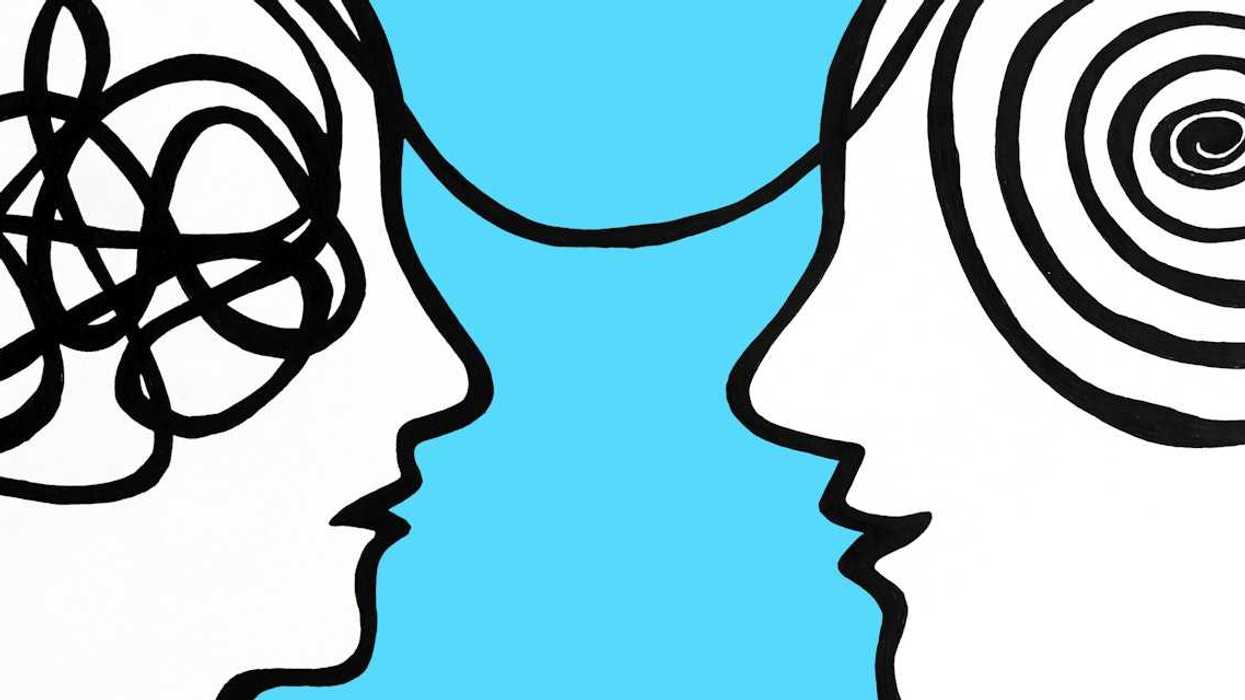This article originally appeared on Common Dreams. You can read it here.
Amazon vice president Tim Bray won praise from labor rights advocates on Monday after resigning from the company over its treatment of whistleblowers during the Covid-19 pandemic, publishing a "scathing" letter on his personal blog explaining the decision.
After more than five years as a vice president at the company, Bray wrote that he was quitting "in dismay at Amazon firing whistleblowers who were making noise about warehouse employees frightened of Covid-19."
In the letter, Bray defended Amazon workers including Staten Island warehouse employee Chris Smalls and Amazon Employees for Climate Justice (AECJ) organizers Emily Cunningham and Maren Costa, all of whom were fired after leading petitions and protests over unsafe conditions in the retailer's warehouses as the pandemic continues to spread across the United States.
"Firing whistleblowers isn't just a side-effect of macroeconomic forces, nor is it intrinsic to the function of free markets," wrote Bray, who was a "distinguished engineer" and is now the highest-ranking Amazon employee to speak out about the company's conduct during the pandemic. "It is evidence of a vein of toxicity running through the company culture. I choose neither to serve nor drink that poison."
Smalls, Costa, and Cunningham were among those who thanked Bray for speaking out.
Other advocates noted the significance of Bray's stand against the powerful company.
"This is a really big deal," wrote author Naomi Klein. "This kind of courage is what we need right now, in every workplace and walk of life."
Bray said he brought his concerns to company executives in April after Cunningham and Costa were fired after starting a petition on behalf of the warehouse workers. He formally resigned and published the open letter after his complaints went unheeded.
Amazon's actions in recent weeks—including its attempted smear campaign against Smalls, who organized a walkout over a lack of social distancing protocols and transparency at the Staten Island facility—were "designed to create a climate of fear," wrote Bray, who also slammed his former employer as "chickenshit."
Bray acknowledged in his post that Amazon says it is taking precautions to protect workers in its warehouses, but wrote, "The big problem isn't the specifics of Covid-19 response. It's that Amazon treats the humans in the warehouses as fungible units of pick-and-pack potential. Only that's not just Amazon, it's how 21st-century capitalism is done."
The former company executive pointed out that the e-commerce giant, while a formidable power in the U.S., has been reined in elsewhere. In France, where Amazon workers are represented by unions, a court last month ruled that the company must only complete deliveries of essential products while its warehouses' safety measures are being investigated.
"If we don't like certain things Amazon is doing, we need to put legal guardrails in place to stop those things," Bray wrote. "We don't need to invent anything new; a combination of antitrust and living-wage and worker-empowerment legislation, rigorously enforced, offers a clear path forward. Don't say it can't be done, because France is doing it."
Bray's letter comes three days after employees at Amazon were joined by workers at Trader Joe's, FedEx, Whole Foods, and Instacart in a May Day strike over wages, public health precautions, and working conditions.
Increasing low-wage workers' influence over decision-making at huge companies will require sustained pressure campaigns with widespread support, particularly from those in positions of power, suggested Bray.
"At the end of the day, it's all about power balances," Bray wrote. "The warehouse workers are weak and getting weaker, what with mass unemployment and (in the U.S.) job-linked health insurance. So they're gonna get treated like crap, because capitalism. Any plausible solution has to start with increasing their collective strength."
















 Regular exercise and a balanced diet are cornerstones to aging well.
Regular exercise and a balanced diet are cornerstones to aging well.


 Oral Wegovy pills were approved by the Food and Drug Administration in December 2025 and became available for purchase in the U.S. in January 2026.
Oral Wegovy pills were approved by the Food and Drug Administration in December 2025 and became available for purchase in the U.S. in January 2026. Despite the effectiveness of GLP-1 drugs for weight loss, there is still no replacement for healthy lifestyle patterns, including regular exercise.
Despite the effectiveness of GLP-1 drugs for weight loss, there is still no replacement for healthy lifestyle patterns, including regular exercise.


 What foods would you pick without diet culture telling you what to do?
What foods would you pick without diet culture telling you what to do?  Flexibility can help you adapt to – and enjoy – different food situations.
Flexibility can help you adapt to – and enjoy – different food situations.
 Anxious young woman in the rain.Photo credit
Anxious young woman in the rain.Photo credit  Woman takes notes.Photo credit
Woman takes notes.Photo credit